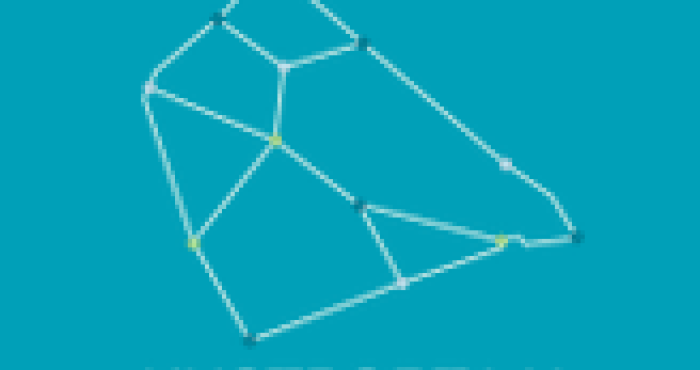Latest news

-
Belgian LifeWatch observatory data and networks embedded in ‘Kustportaal’ Belgian LifeWatch observatory data and networks embedded in ‘Kustportaal’
Last Friday, the third edition of Compendium for Coast and Sea was launched. In this document the Flanders Marine Institute (VLIZ) assembles the marine expertise in Belgium. A new feature of this edition is the ‘Kustportaal’, a coastal portal that generates map visualizations of a diverse range of marine themes. The sensor network and different data products of the Belgian LifeWatch observatory are included in this portal. -
New telemetry network will develop the study of animal migrations in European rivers and seas 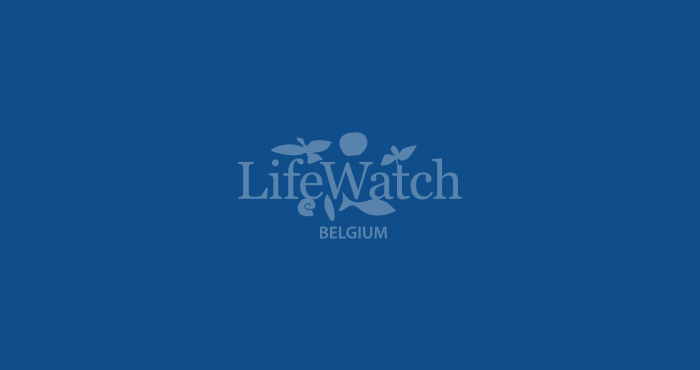
New telemetry network will develop the study of animal migrations in European rivers and seas
A group of 25 telemetry experts from across Europe is meeting this week in Olhão, Portugal, to implement the European Tracking Network (ETN). This network brings together researchers, resources and infrastructures to increase crucial knowledge on the movements of aquatic animals at large spatial scales – from European rivers and seas to the Atlantic Ocean. -
European eels, who are they and where are they going to? 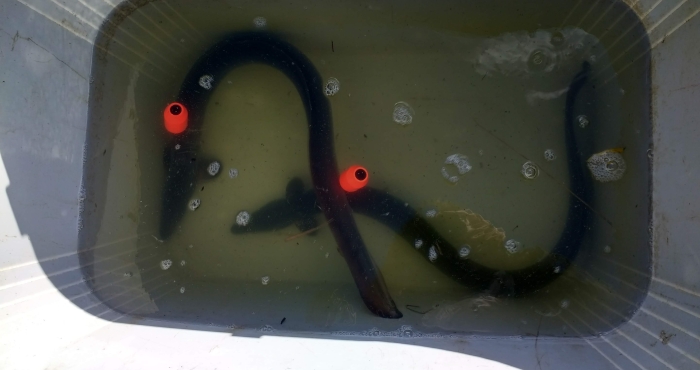
European eels, who are they and where are they going to?
Since very recently, VLIZ, the INBO and the Marine Biology Research Group of Ghent University started tagging eels with pop-up data storage tags, a new type of tag, to reveal marine migration routes of European eel. -
New Zealand gazetteer added to Marine Regions 
New Zealand gazetteer added to Marine Regions
Over 1300 new undersea features from the New Zealand gazetteer of place names were added to Marine Regions. Furthermore, more than 600 existing features in the Marine Regions gazetteer were updated with new contexts, synonyms or improved coordinates. The New Zealand gazetteer holds all official names for geographic places and features within the jurisdiction of the New Zealand Geographic Board (NZGB). -
EMODnet Biology online course and QC tool EMODnet Biology online course and QC tool
EMODnet Biology has launched an online course on the IODE Oceanteacher platform on how to contribute data to EMODnet Biology. This course is an introduction to the EMODnet Biology and EurOBIS data format that guides you through all the necessary processing steps, from dataset describing to publishing and quality checking. The online qc tool has been powered by the Lifewatch Marine VRE. -
New version of the intersect ‘Exclusive Economic Zones and IHO areas' 
New version of the intersect ‘Exclusive Economic Zones and IHO areas'
Marineregions launches a new version of the IHO Sea Areas and a new version of the intersect product combining the Exclusive Economic Zones (v10) and IHO Sea areas (v3). -
Nemys/Lifewatch follow-up workshop sets goals to include freshwater, terrestrial & parasitic species 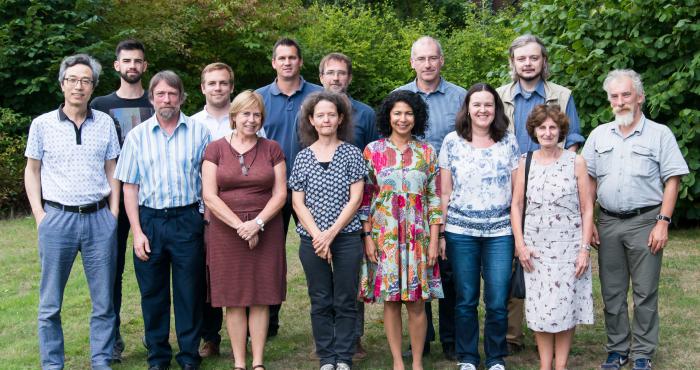
Nemys/Lifewatch follow-up workshop sets goals to include freshwater, terrestrial & parasitic species
From 5-7 September 2018 the second Nemys Editors Workshop was held at Ghent University, Belgium -
LifeWatch Data Storage Tag workshop: how to study fish movements? 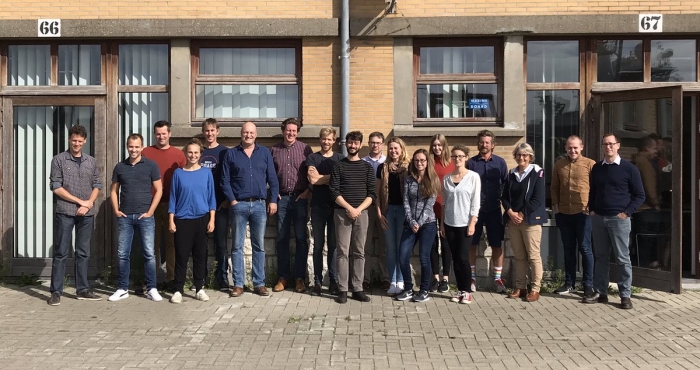
LifeWatch Data Storage Tag workshop: how to study fish movements?
During the two-day workshop in Ostend, the covered topics included different technologies, analytical approaches and future opportunities. -
Great success for LifeWatch ERIC at EMBS53 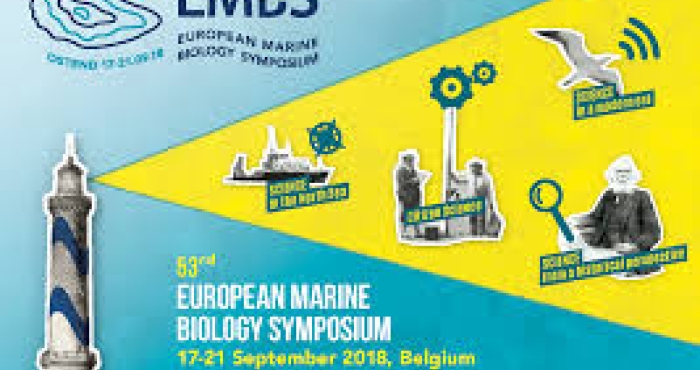
Great success for LifeWatch ERIC at EMBS53
The 53rd European Marine Biology Symposium, organised by LifeWatch Belgium and the Flanders Marine Institute (VLIZ) in Ostend (Belgium, 17 to 21 September 2018), witnessed a great success with the participation of 169 researchers and academics from 25 different countries. -
Update of the GEBCO gazetteer of undersea features 
Update of the GEBCO gazetteer of undersea features
Marine Regions has completed its yearly update of the GEBCO gazetteer.
